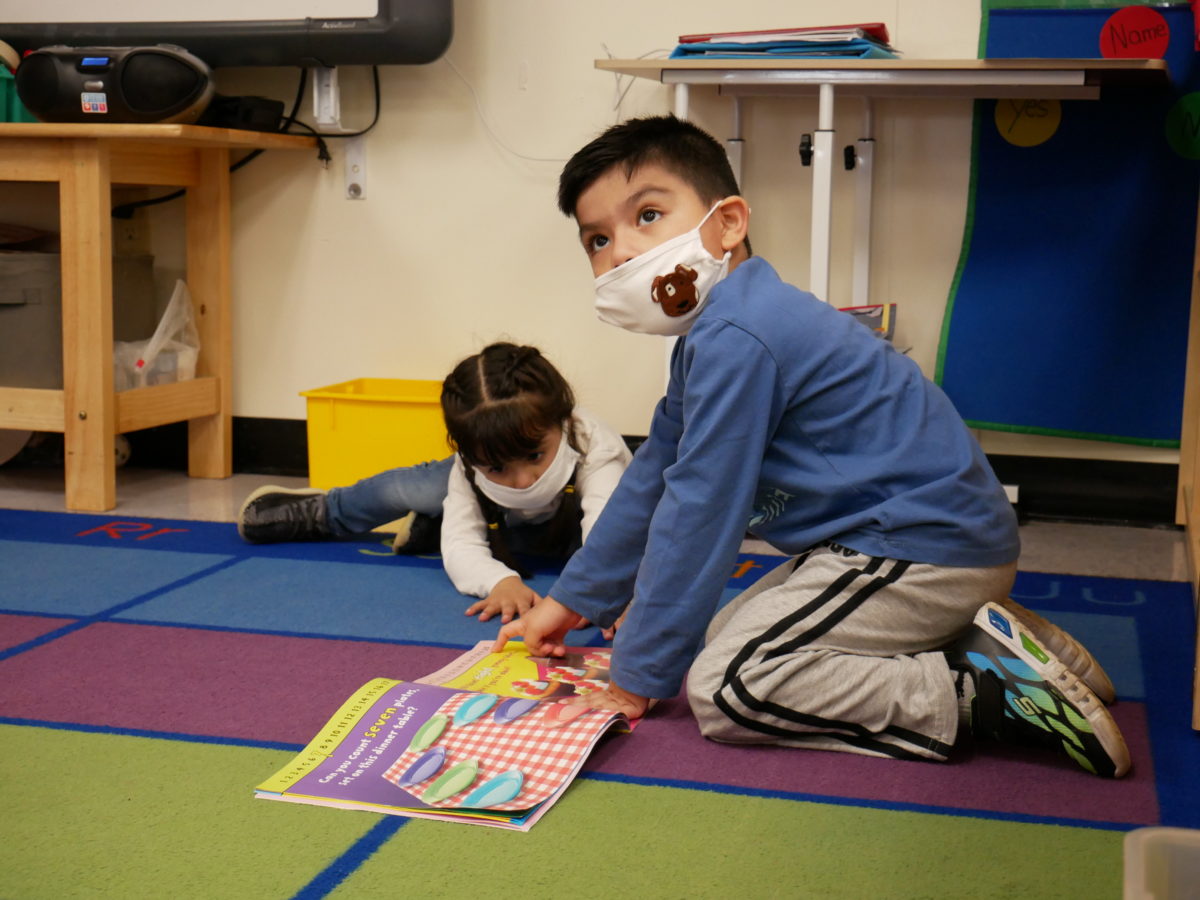
|
|
North Carolina’s public schools, community colleges, and universities open their 2021-22 academic year not only in the midst of a COVID surge but also with the governments that fund them on dramatically different trajectories. It’s difficult now to speak of “the government’’ without asking, which one?
The viral pandemic has propelled the federal government into a New Deal-scale effort to prop up the economy, provide cash for families to spend, and invest in both physical and social infrastructure. The effort began in the Trump administration and has accelerated under President Biden and the narrow Democratic majority in Congress.
In North Carolina, meanwhile, a Republican majority in the General Assembly continues to tug state government into the Reagan-era strategy of tax cuts and restraints on the public sector. Even as the state’s economy benefits from the federal stimulus, the budgets adopted by the House and Senate fall far short of the package, including education enhancements, of Democratic Gov. Roy Cooper.
Weeks of consequential negotiations – and power struggles – appear in prospect in Washington and Raleigh over tax cuts and increased spending. A new paper issued by the Washington-based Center on Budget and Policy Priorities (CBPP) pulls together research specifically to bolster the case for Biden’s American Families Plan, but its findings also lend perspective to issues in play in North Carolina.
“Multiple studies demonstrate significant benefits for children and young people from investments in child tax credits, rental assistance, child nutrition, quality child care and preschool, higher education, and paid leave,” says the CBPP, a 40-year-old organization founded to study how government budgeting affects low-income Americans.
The CBPP paper does not offer results of a new study, but its authors weigh findings from an array of academic, think-tank, and government studies. The paper has 108 footnotes listing sources.
For example, among its sources on preschool, the CBPP team cites the remarkable long-running Abecedarian Project research of the UNC Frank Porter Graham Child Development Institute. That project focused on children born in the 1970s and has followed them through early childhood, adolescence, and into their mid-30s.
“The best-known studies of preschool are randomized control trials of the Perry Preschool and Abecedarian programs that were launched in the 1960s and 1970s,” says the paper. “Both programs had striking effects: At age 40, participants in Perry Preschool were 28 percent more likely to have graduated high school and 50 percent more likely to be earning more than $20,000. Abecedarian participants entered college at 2.5 times the rate of non-participants.”
The CBPP authors acknowledge that test score gains from pre-K erode over time, but they cite analysis of long-term enhancements to academic and social skills. They point to a mutual dependence dynamic between preschool and K-12.
“Students are likelier to sustain gains from effective preschool programs if they also attend adequately resourced and effective elementary schools,” they write. “… Improving K-12 education is thus a part of making Pre-K effective.”
In the section advocating the child tax credit, the CBPP authors cite findings from research into the casino dividends distributed to members of the Eastern Band of Cherokee Indians in western North Carolina. Research found, they write, that “an average of $4,000 in increased income for the poorest households resulted in an additional year of schooling by the time the children in the households had turned 21, as well as a 22 percent reduction in minor crimes committed in adolescence.”
The CBPP analysis has relevance for the unresolved differences between North Carolina Republicans’ push to increase the standard individual income tax deduction and Cooper’s more targeted proposals for reenacting an earned income tax credit and enacting a new state child and dependent care tax credit. The CBPP paper has sections on free community college, child care subsidies, and child nutrition that are also relevant to challenges facing North Carolina.
“When high school students were guaranteed grants to pay for community college, they were likelier to complete community college,’’ says the paper. “When low-income college students received additional grants, they were likelier to persist in and complete college — an effect substantially strengthened when grant aid was combined with additional supports.”
The findings assembled in the CBPP paper show that evidence-based governance, however fractious and humanly imperfect, can make a difference in the lives of children and families – and that relieving economic distress leads to educational achievement.



